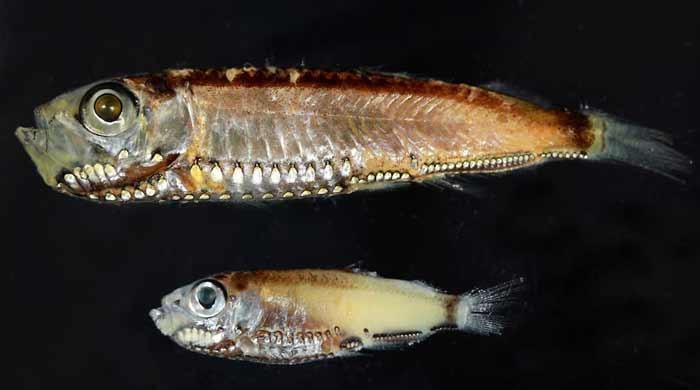Women's tears can reduce male aggression by over 40% — study leaves internet crying
Chemical found in human tears emits a signal that decreases activity in aggression-related brain regions
January 22, 2024

A recent study by the Weizmann Institute of Science in Israel suggests that the scent of women's tears can significantly reduce male aggression, the New York Post reported.
The research reveals that a chemical compound found in human tears emits a signal that decreases activity in aggression-related brain regions in men.
In the experiment, tears were collected as they rolled down women's faces after watching a sad movie. Thirty-one men participated in a computer game designed to provoke aggression by unfairly deducting points. The group sniffed either saline solution or women's tears, with droplets dabbed on swabs placed on their upper lip.
The results showed a 43.7% reduction in aggressive behaviour, specifically retribution when men sniffed women's tears compared to the saline solution. Brain scans indicated increased functional connectivity between scent-processing regions and reduced activity in aggression-related areas in the "tear-sniffers."
Lead professor Noam Sobel stated, "The reduction in aggression was impressive to us; it seems real. Whatever is in tears lowers aggression." Sobel's previous research also linked women's tears to a decrease in male testosterone and a dampening of sexual desire.
While acknowledging that tear chemicals may have a limited impact on adult social interactions, Sobel suggested that tear composition may have evolved to protect vulnerable babies.
He explained, "Babies can't say: 'Stop being aggressive towards me.' They are very limited in their ability to communicate, and they are helpless. Evolution may have provided babies with this tool to lower aggression."
The study indicates that crying, a behaviour observed throughout adulthood, may serve as a mechanism to lower aggression and protect individuals when vulnerable. The researchers predict the existence of similar chemical signals in men's and children's tears.











